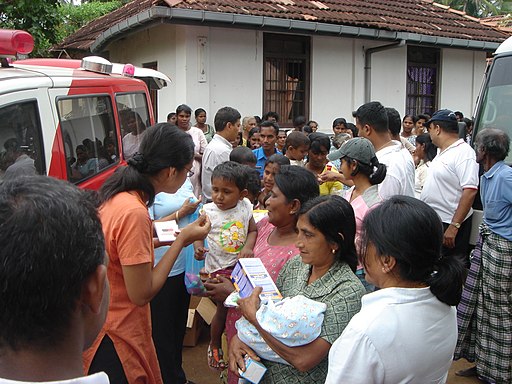 “What do you want to be when you grow up?” That’s a common question asked of children the world over.
“What do you want to be when you grow up?” That’s a common question asked of children the world over.
ChildFund International has put out their global survey of children for 2012, and that’s one of the questions they asked, with some intriguing results.
When asked, “If you could grow up to be anything you wanted, what would you be?” there were some rather remarkable disparities between the answers of children in the developed and the developing world.
Kids in the developed world “most typically want to become professional athletes (19%).” Contrast that with the hopes and dreams of children in developing countries, “who aspire to becoming doctors, nurses, dentists (27%).” Now I certainly enjoy my sports; just ask my wife. But these kinds of results may well illustrate a gap in maturity and values between the developing and the developed world, one in which the developing world enjoys the comparative advantage.
As Peter Stockland put it in the context of the NHL lockout,
There comes a point, often a very sharp point, in almost every adult North American male’s life when he clues in to what the women around him have known since childhood: that screen in front of you where those players are playing that game is not a mirror. On the contrary, that screen is delivering the reality-check message that the game those players are playing actually has nothing whatever to do with you, the observer. Nothing. Nada. Bupkas. Or in my favorite line ever to come out of Jerry Seinfeld’s mouth: “They won. You watched.” It’s not even a continuum. It’s a total disconnect.
The ambitions of children are to some extent, at least, reflective of the values of the broader society. And I fear there’s a grave disconnect between what really ought to be valued and what is often valued in our world today.
The survey was based on questions of 6,204 children, and includes other queries like, “If you were president or leader of your country, what would you do to improve the lives of children in your country?” and “What are you most afraid of?” Check out the full report, “Small Voices, Big Dreams” (PDF).

